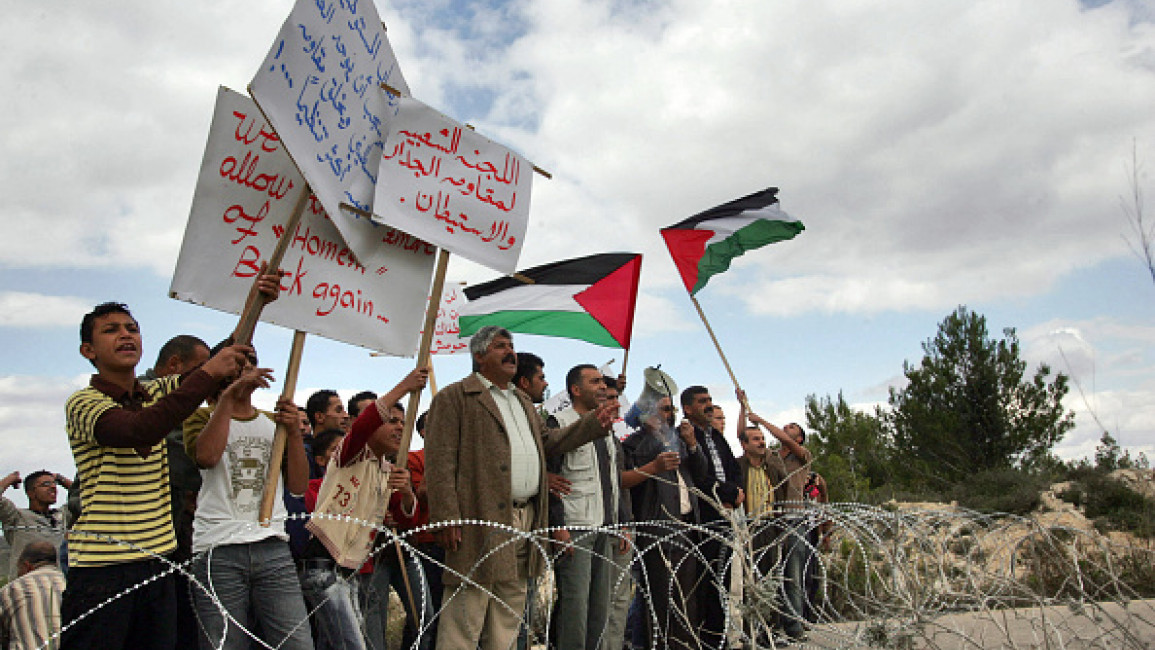Israeli Supreme Court dismisses petition against resettlement of illegal Homesh outpost
Israel’s Supreme Court on Wednesday annulled a petition demanding the removal of the illegal outpost of Homesh in the occupied West Bank.
Homesh is one of the four settlements dismantled by Israel as part of the 2005 'disengagement plan', which saw Israel end its illegal occupation of and settlement activities within Gaza. Under the subsequent Disengagement Law, settlement activity in Homesh was deemed illegal under Israeli law.
In May, a group of settlers returned to Homesh and established a yeshiva - a Jewish religious seminary - at the illegal outpost. Despite Palestinian protests, building activities in the settlement have increased dramatically. The settlers' actions were given the green light by the far-right coalition government of Benjamin Netanyahu, who vowed to resettle it.
The Israeli government has also introduced legislation to rescind the 2005 disengagement plan as it applies to the occupied West Bank in its entirety, meaning that Homesh could just be the beginning.
Supreme Court 'approval' of apartheid
After the Supreme Court ruled against the petition, far-right finance minister and settler Bezalel Smotrich boasted that the Israeli government had "nullified the Disengagement Law" in the West Bank and it was "formalising the Jewish possession of Homesh".
All Israeli settlements in the occupied territories are illegal under international law.
The petition was filed by the Israeli human rights group Yesh Din on behalf of the Palestinian landowners on whose land the yeshiva was built.
The Supreme Court accepted the Israeli state’s claim that because the outpost was essentially moved to state-owned land, the Palestinian landowners can now access their land. However, an Israeli military checkpoint at the site essentially blocks Palestinians from accessing their land.
The ruling by Israel’s top court could impact as many as 34,000 Palestinians living in nearby towns, most notably in Burqa, whose land comprises the Homesh outpost. The building up of the settlement means that there will be more checkpoints and more restrictions on Palestinians, as well as a stronger military presence.
Yesh Din immediately and scathingly criticised the decision, saying: "The shameful decision by the High Court justices is further evidence of the apartheid regime that’s becoming permanent in the territories and is becoming customary, with the approval of the High Court."



